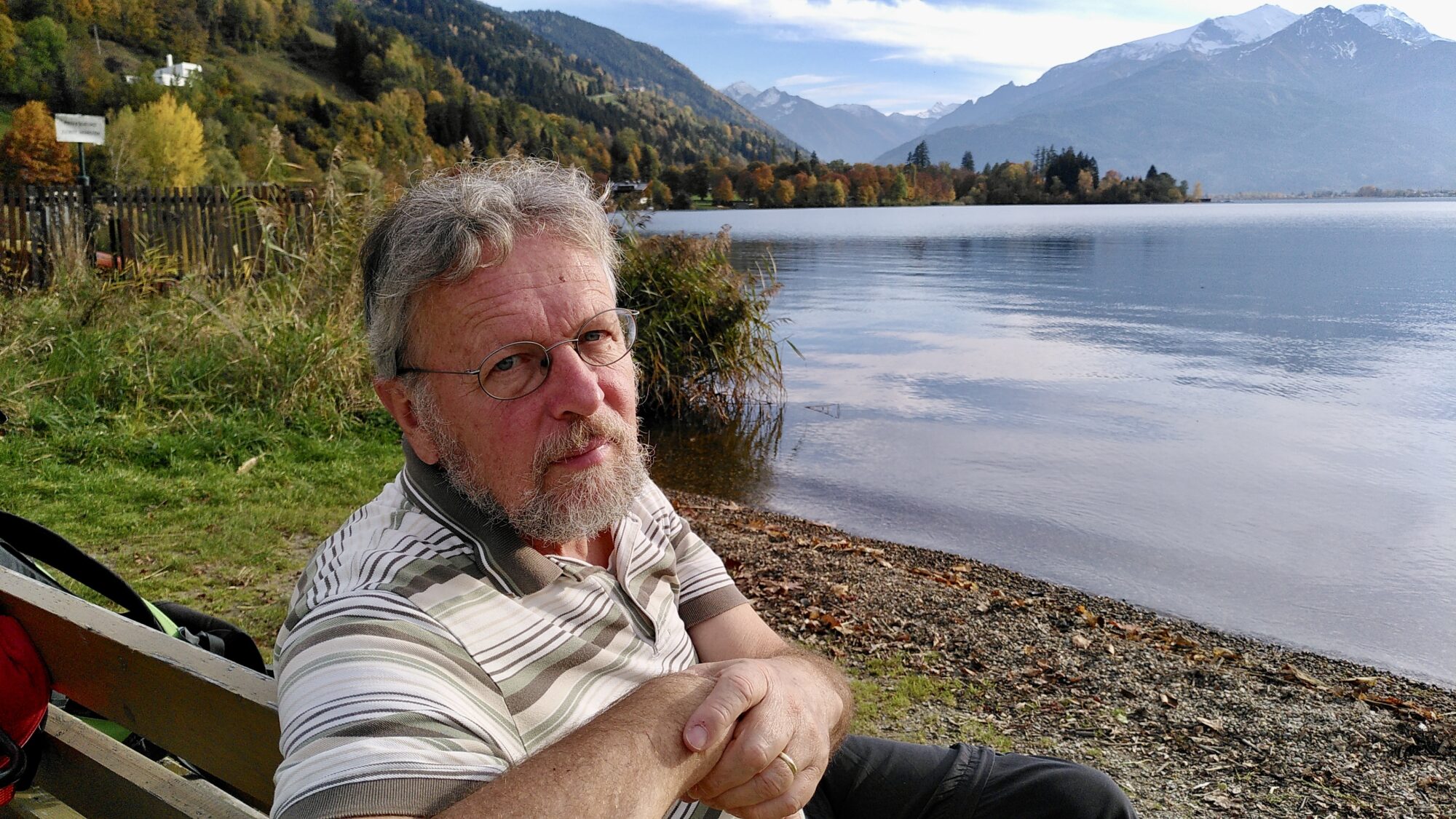Tell us something about yourself in short words
I lived my first 10 years as a mission kid in Finschhafen, then went back to Europe, studied electrical engineering, worked 30+ years as a manager in mobile telecoms. Now –over 50 years later– I came back to PNG to do something I strongly believe in for the future – solar energy.
The SolSol project is ready to start now. What do you expect the project will achieve in the next few years?
The project will significantly improve the power supply situation for the Church’s medical and educational institutions in remote rural areas. This will also greatly improve the quality of life for the people in terms of comfort, security and business opportunities.
What made you join the SolSol project team?
I would like to introduce the benefits of solar energy to the Lutheran Church of PNG and thereby improve people’s lives in rural areas. PNG has so much sunshine and we make so little use of it – it is a shame.
As soon as we establish solar power stations in rural areas, this will be a game-changer for the people there. No more blackouts, no more unreliable public power grids.
What do you see as your contribution to the project?
I organize the project startup, calculate the financials, negotiate the project funding. When the first teams of engineers are trained and brought up to speed, then I can retire and know that the places of my childhood now finally run fully on solar power. What a great feeling this will be !
What is the most surprising thing you learnt during your time at the SolSol project?
I was shocked to see the poor state of power supply in PNG, even in the large cities. Why is solar power so unusual and why is the government so focussed on burning oil and gas for electricity?
In your daily life, what are the three most important things to keep always on power with solar?
Internet connection, fridge, ceiling fan.
Which three words do you associate with the SolSol project?
Sunshine, clean energy, life quality

